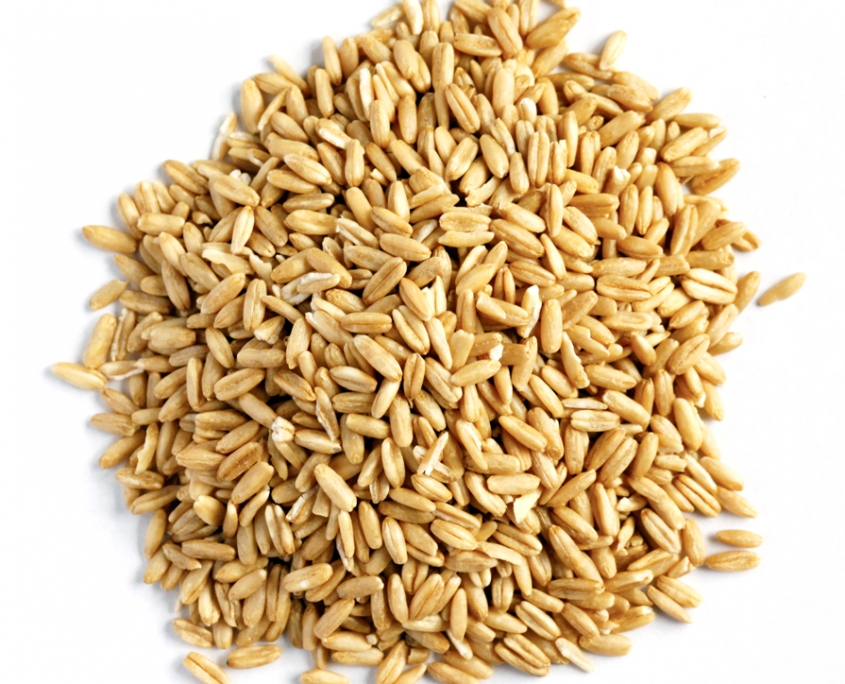Natural Remedies To dogs and Cats Skin Infections
When our furry friends experience skin irritations or infections, it’s our responsibility as pet owners to find safe and effective remedies. Of course, a veterinarian should be contacted first, because many seemingly minor symptoms may actually be serious underlying illnesses, and blind treatment may be ineffective or even cause more harm. However, if it is determined that the dog has a minor medical condition, such as a skin infection or stomach upset, some homemade remedies may be beneficial. Here are some natural remedies that can help treat skin infections in dogs and cats.
Apple cider vinegar
The acetic acid in apple cider vinegar can help kill bacteria and fungi on the skin. You can also add some to your pet’s food or water. It can help balance the skin’s pH level in your dog’s body, creating an environment less favorable for bacterial growth. To use apple cider vinegar, dilute it with water (1 part vinegar to 1 part water) and use it to your dog’s skin to treat hot spots, fungal infections, or ear infections. When given orally, it can also aid in digestion and support urinary health. If your dog’s coat is dull and brittle, apple cider vinegar can help make his coat healthy and shiny. Mix 1 part vinegar to 3 parts water in a spray bottle and use it to spray or wipe the dog (after bathing).
Coconut oil
Coconut oil has antibacterial and antifungal properties and can help soothe itching, irritation and wound healing. The higher the content of lauric acid in coconut oil, the better the effect and it can also be used as a carrier oil for plant essential oils. Virgin Coconut oil can be applied to dogs orally or topically to the affected skin. If your dog has a small wound, you can apply coconut oil to the wound to form a protective film, which has the effect of preventing bacteria, viruses, and mold into the wound.
Oatmeal
If you have chickenpox, you might try an oatmeal bath to soothe itchy skin. Oats contain oat alkaloids and phenolic compounds, which have anti-inflammatory properties and can soothe itchy, irritated skin and helps relieve inflammation, making pets feel better immediately. It’s especially helpful for dogs with itchy feet, and it’s 100% non-toxic and delicious.
To make oats more convenient to use, we recommend grinding plain, uncooked oats into a fine powder and mixing it with warm water to make a paste (or dry) for eczema or inflamed area or soak your dog in an oatmeal bath 5 to 10 minutes to relieve itching and inflammation.
Aloe vera
Aloe vera, a versatile and natural plant known for its healing properties, can be a valuable tool in managing various skin issues in dogs. The gel within the aloe vera plant contains compounds that help reduce itching, redness, and inflammation, providing a gentle and calming solution for irritated skin. You can apply the aloe vera gel to soothe and promote healing directly to infected skin areas of the dog.
To harness the power of aloe vera for your dog’s skin health, start by carefully extracting the gel from a fresh aloe vera leaf. But make sure to use pure aloe vera without added chemicals or preservatives that could potentially harm your pet. Another approach is to create aloe vera-infused oil. Mix aloe vera gel with a carrier oil like coconut or olive oil, allowing the healing properties of aloe vera to meld with the moisturizing benefits of the carrier oil. This infused oil can then be applied topically to your dog’s skin.
Chamomile

Use Chamomile oil or brew a cup of strong chamomile tea, let it cool, pour it into a clean spray bottle and then spray it on red or exposed skin for instant relief and no sting.
Turmeric
Curcumin, the active compound in turmeric, has antibacterial and anti-inflammatory properties. Make a paste to apply to affected areas.You can mix turmeric powder with water to create a paste and apply it to the affected skin areas. Be cautious with the dosage, as too much turmeric can cause digestive issues in dogs.Proper dosage is important, especially for oils which can be toxic to pets if overused. Be sure to consult your vet before using any natural treatments.
Essential Oils (with Caution)
Regarding flea prevention, if you are reluctant to use traditional flea prevention products, then consider more natural products. Some essential oils like lavender and tea tree oil have potent antibacterial and antifungal effects and can be used flea prevention. However, they must be diluted with a carrier oil before applying to skin and used with caution, as some dogs may be sensitive. Always consult a veterinarian before using essential oils on your dog. For example, add two tablespoons of neem or tea tree oil to a pint of organic oat shampoo, shake well, and start your bath. Can be used once a week or as needed. Keep in mind that tea tree oil and other essential oils can be toxic to pets if diluted improperly, so consult your veterinarian first. While these natural substances may help get rid of fleas, these things alone are not going to solve a full-blown disease.
Note: Some oils are safe for dogs, but can be toxic to cats. Check with the Humane Society of the United States for animal poison control information and consult your veterinarian.
By the way, proper hygiene and nutrition are good ways for dogs’ skin infections. Ensure your dog’s overall health by maintaining proper hygiene and providing a balanced diet. You can also dissolve Epsom salt in warm water and use it to soak your dog’s paws or affected areas. It can help reduce inflammation and soothe discomfort. Good nutrition can help support the immune system and promote healthy skin. Remember, while natural remedies can be beneficial, it’s essential to consult a veterinarian before trying any new treatment, especially if your dog’s skin condition is severe or not improving. Some skin infections may require medical intervention or prescription medications to effectively treat the issue.





